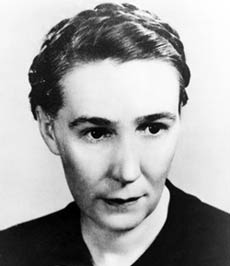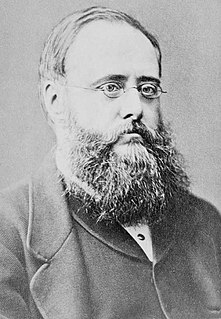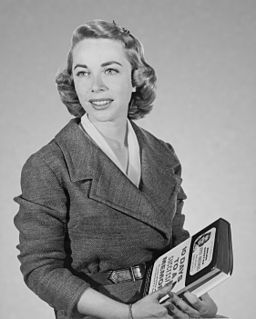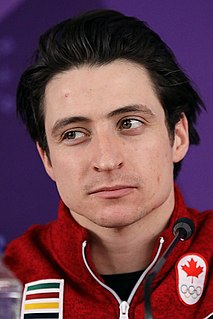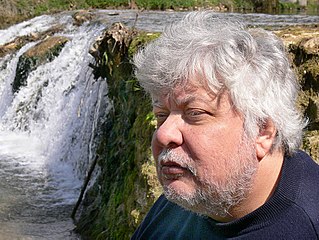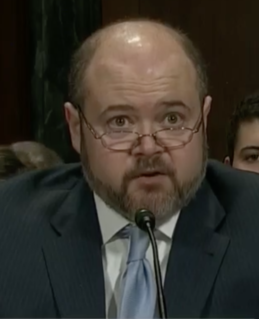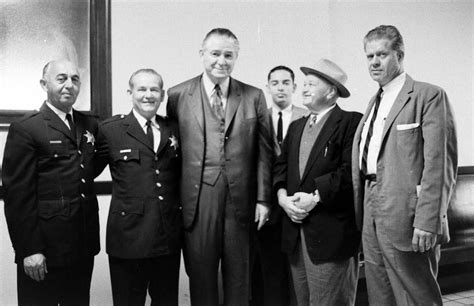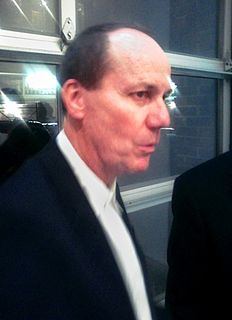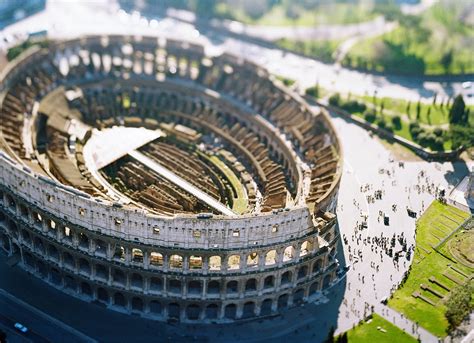A Quote by Caroline Gordon
We do not judge great art. It judges us.
Related Quotes
That's why we have appellate judges that are more than one judge because each of us, from our life experiences, will more easily see different perspectives argued by parties. But judges do consider all of the arguments of litigants. I have. Most of my opinions, if not all of them, explain to parties by the law requires what it does.
I'm often asked why there is such a great variation among sentences imposed by Texas judges. I can only quote the Texas judge who was asked why a killer sometimes doesn't even get indicted and a cattle thief can get ten years. The judge answered: "A lot of fellows ought to be shot, but we don't have any cows that need stealin".
It is left... to the juries, if they think the permanent judges are under any bias whatever in any cause, to take on themselves to judge the law as well as the fact. They never exercise this power but when they suspect partiality in the judges; and by the exercise of this power they have been the firmest bulwarks of English liberty.
